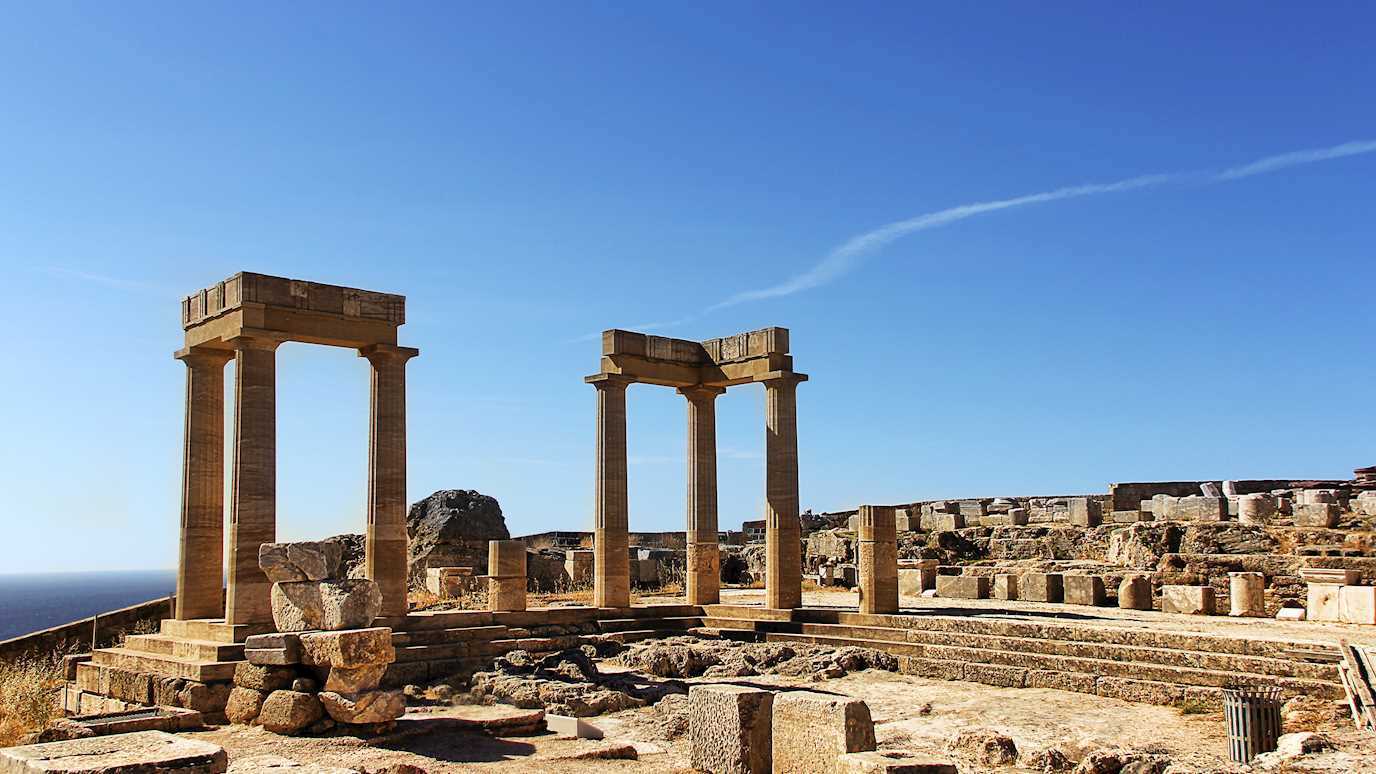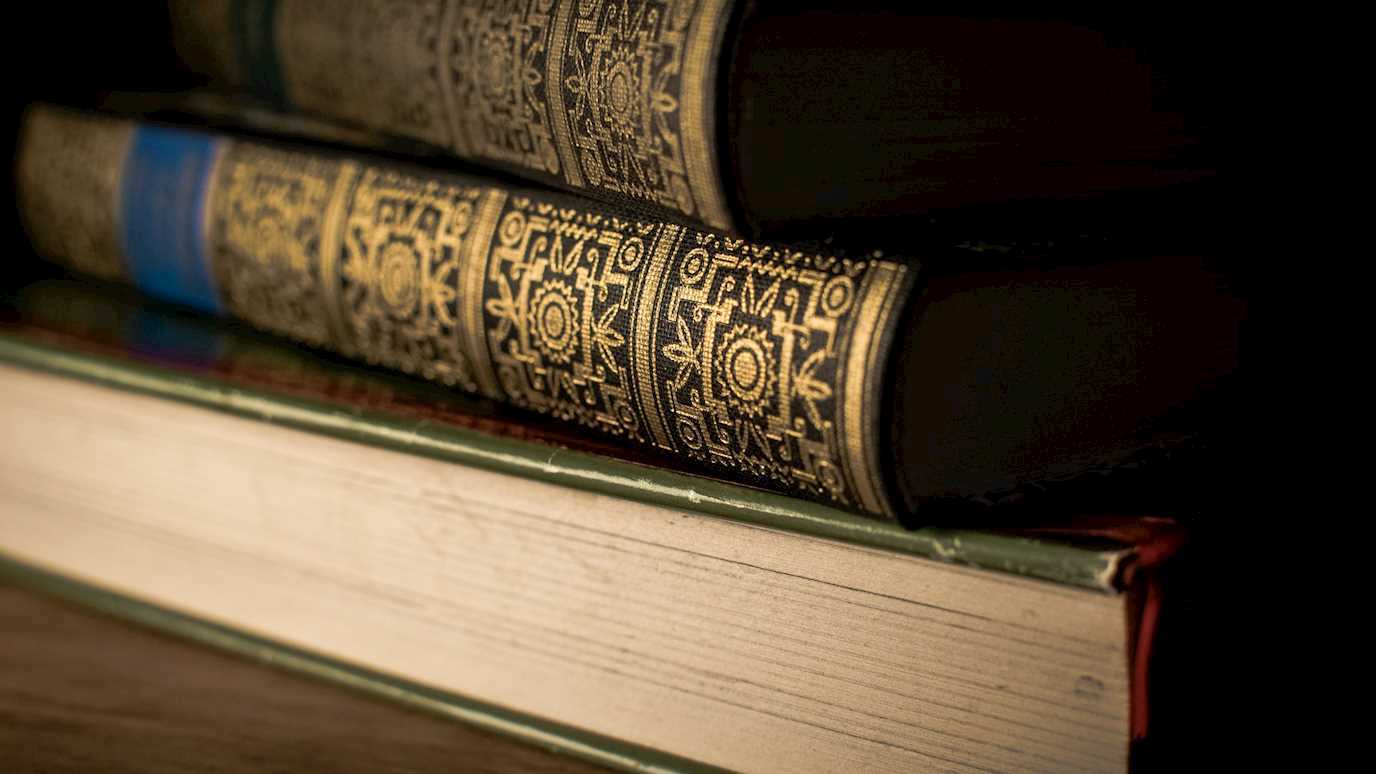Promoting research into the history of women and gender and public histories of women.
Our Aims
- Promoting research in the history of women and gender - including masculinity and the ways gender identities intersect with other class, racial, religious and sexual identities.
- Creating networks of scholars working in these fields in the UK and internationally
- Fostering teaching in the history of women and gender for undergraduates and taught and research postgraduate students.
- Inspiring discussions about women in the past that relate to current debates and public history.
- Forging links between historians of women and gender and feminists outside the academy.
- Engaging with wider publics through the media, heritage organisations, online communities and schools.
- Publishing our research to wider audiences via the Bedford Centre Blog.
Origins of the Bedford Centre
The Centre builds on the long standing contribution of Bedford New College, the first college of higher education for women, founded in 1849, which joined with Royal Holloway in 1986, to women’s higher education and intellectual lives.
Located in the South Tower of Royal Holloway’s iconic Victorian Founders Building, the Centre was founded in 1999 by Professors Lyndal Roper and Amanda Vickery.
The Centre pioneered the field when the study of the history of gender first came to be a major part of women's history, and gender scholars were establishing the primacy of the subject for the discipline as a whole.
The Centre is linked to the Royal Holloway Archives and Special Collections, which contain substantial collections relating to the history of Royal Holloway and Bedford New College.
In 2016, we launched our Bedford Centre Blog in order to widen historical debates, engage with academics and the public in the UK and other countries; and to promote our research. The latest events and conferences for the Centre can be found there.
Our research
The current Director of the Centre is Dr Nicola Phillips. The History Department at Royal Holloway includes a number of leading researchers who work on the history of women and gender and are affiliated to the Centre, including Professor Sarah Ansari, Dr Patrick Doyle, Dr Dawn-Marie Gibson, Professor Jane Hamlett, Dr Emily Manktelow, Dr Stella Moss, Dr Amy Tooth Murphy, Dr Alex Windscheffel and Dr Anna Whitelock. Our research interests include Tudor Queens; eighteenth-century women in business and engaging with the law; women and the Nation of Islam; female activists in twentieth-century Pakistan; gender and power in confederate households; LGBTQ and Oral Histories; Empire, gender race and sex; nineteenth-century men's dealings with bankruptcy; masculine and feminine objects in Victorian drawing rooms; and alcohol and gendered drinking cultures in twentieth-century Britain.
The Bedford Centre is also affiliated to and actively collaborates with the British Academy funded Gender Institute at Royal Holloway. The Institute has three primary goals: to support faculty and student research and research collaboration in the study of gender and sexuality, to support teaching and learning of and around gender and sexuality, and to produce resources for community engagement and impact around gender and sexuality.
Forging networks and promoting scholarship
A fundamental part of our mission is the promotion of links between scholars of women and gender, and collaborations with overseas institutions. The Centre also acts as an important forum for the dissemination of research. We have previously co-organised events with the Society for the History of Women in the Americas and the Women's History Network. We hold an annual lecture, and the centre has hosted international conferences that have shaped the field in recent years.
Creating public histories of women and the Bedford Centre Blog
Promoting women’s history beyond the academy is an important part of our work. Our blog promotes public understandings of women's and gender history, engages with media representations and debates about women in the past and we use social media to engage with individuals, online communities and institutions with interests in this area. We support women's history in a range of public history institutions including museums, galleries, archives and heritage sites and we also collaborate with public history professionals. We are keen to receive posts about the practice, opportunities and challenges of representing women’s history and engaging wider audiences outside the academy. We are also keen to promote women’s history events and community projects. We welcome contributions from overseas and are actively seeking overseas editors to join the board. Please email n.j.phillips@royalholloway.ac.uk with any suggestions or to express an interest. Our historians are often interviewed in the media and our historic Founders Building is used as a location for film and television.
We run a programme of schools outreach which includes introducing women's and gender history to pupils and students at different ages and Key Stages. In recent years this has included, for example, ‘masterclass’ sessions on women’s suffrage for local GSCE pupils, and A-Level lectures and classes on women and the Great War. We also work with schoolteachers to develop classroom resources (including primary source material) thereby helping to consolidate learning centred in women’s and gender history. This programme is led by Stella Moss, who is also Schools Liaison Officer for the Department of History. Please email stella.moss@royalholloway.ac.uk for further information.
Studying at the Bedford Centre
The Bedford Centre brings together students and established scholars working in the field in a supportive environment. Our research on the history of women and gender directly informs our specialist teaching. The history of women and gender is a core part of our undergraduate teaching as well as the subject of special courses. These include:
HS2137: Tudor Queenship: Mary I and Elizabeth I, 1553-1603
HS2234: Modern Girls: Women in Britain, c.1914-1990
HS2263: Gender and Society in the Non-Western World
HS2313: "Dragon Ladies"? Society, Politics and Gender in Modern China
HS2322: Women and the Politics of Gender in Modern Muslim Societies
HS2326: Sex, Society and Identity in Britain, c. 1660-1815
We offer pathways in the study of gender history on the Department of History’s main MA History programme, and we have a large number of PhD students working in the field. As well as supporting their research, the Centre encourages both MA and PhD students get involved with, or support to, run their own events, talks and conferences. Students also contribute frequently to the Bedford Centre’s Blog. For More information about current and past events and student research posts please view the Bedford Centre Blog. MA Option Modules currently featuring Women and Gender include:
HS5132: Breaking Waves: Feminism in Britain c. 1860 – the present
HS5133: Fairy Tales: Narrating Queer Gender and Sexuality in the Twentieth Century
HS5209: Women, the Crusades and Frontier Society of Medieval Christendom
Annual Lectures
The Annual Lecture for the Bedford Centre took place from 2-3pm on 17 March 2021.
‘ “Believe me there is such a thing as a Broken Heart”: Heartbreak, Emotions and Embodiment in Britain c. 1720-1850’ by Dr Sally Holloway
Previous lectures
14/11/2019 'Challenging the System: The Parliament Qualification of Women Act 1918 and the first Women Candidates' by Professor Krista Cowman, University of Lincoln
These lectures can be heard via the Backdoor Broadcasting Company
2017 lecture: Karen Harvey – Mary Toft’s Monstrous Births of 1726: Then and Now
2016 lecture: Yasmin Khan – Women and War in the British Empire
2015 lecture: Emily West – The dual exploitation of enslaved women in America, c.1815-1865
2014 lecture: Claire Langhamer – The English in Love
2013 lecture: Lucy Delap – Maids, au pairs and treasures
Bedford Centre People
Dr Nicola Phillips is the Director of the Bedford Centre for the History of Women and founding editor of the Bedford Centre Blog. Her first book was on Women in Business, 1700 to 1850 (Boydell, 2006) and her research focuses on gender, work, family conflict, and criminal and civil law, 1660-1830. Her second book, The Profligate Son: Or, A True Story of Family Conflict, Fashionable Vice and Financial Ruin in Regency England (Oxford University Press, and Basic Books, New York 2013) was listed in the Washington Post top 10 Books of the year. She is researching masculinity, advocacy and emotion in Britain and America c. 1780-1830, and currently writing about leading Common Law advocate Thomas Erskine and freedom of the press in both countries. Nicola runs undergraduate courses on ‘Sex, Society and Identity, 1660-1800’ and ‘The Georgians: Society Culture and Crime’ as well as an MA core module ‘The Historians Toolkit’. She is also the Director of Royal Holloway's MA in in History. She has acted as a historical consultant for various institutions and contributed to radio and television programmes on women's and gender history.
Professor Sarah Ansari, expert in the history of South Asia in the twentieth century and women's lives in India and Pakistan.
Professor Kate Cooper, is an expert on the world of the Mediterranean in the Roman period, with a special interest in daily life, religion, and the family, and the inter-connected problems of martyrdom, resistance movements, and religious violence.
Dr Dawn-Marie Gibson, Lecturer in Twentieth-Century American History, is working on a co-authored book titled, ‘Women of the Nation: Between Black Protest and Orthodox Islam’ which is due to be published by New York University Press in late 2013. She co-convenes the Gender and History in the Americas Seminar Series at the Institute of Historical Research.
Professor Jane Hamlett, Reader in Modern British History. Her research interests lie in society and culture in modern Britain, women and gender, the family, intimacy and material and visual culture. In particular she is interested in the relationship between ideas of gender and material culture. Her first book Material Relations: Middle-Class Families and Domestic Interiors in England, 1850-1910 (Manchester, 2010) explored the middle-class home, while her second monograph At Home in the Institution: Material Life in Asylums, Lodging Houses and Schools in Victorian and Edwardian England (Palgrave, 2014) looks at the institutional material world.
Dr Victoria Leonard, Postdoctoral Research Associate in late ancient history, works as part of the ERC-funded project ‘Connected Clerics. Building a Universal Church in the Late Antique West (380-604 CE’, at RHUL and the Austrian Centre for Digital Humanities (ACDH-ÖAW), Austrian Academy of Sciences (Österreichische Akademie der Wissenschaften). She is a founding member and steering committee member for the Women's Classical Committee (UK).
Dr Emily Manktelow, is Senior Lecturer in Global and Colonial History. Her research explores the social, cultural and familial history of the British Empire in the nineteenth century, as well as colonial and postcolonial history. She is a founding member of the Christian Mission in Global History seminar at the Institute of Historical Research and her most recent book presents a microhistorical investigation of sexual abuse in the South Seas Mission of the London Missionary Society: Gender, Power and Sexual Abuse in the Pacific: Rev Simpson’s ‘Improper Liberties’ .
Dr Stella Moss, Lecturer is currently working on a monograph, about women’s drinking in the English public house, 1914-39. To date, her publications have considered themes including women’s drinking in the Great War, music and emotional expression within the interwar public house, and masculinity and material culture in the 1930s pub. Stella convenes the undergraduate course ‘Modern Girls: Women in Britain, c.1914-90’, and an MA module on Modern Feminism.
Dr Anna Whitelock, Professor in Early Modern History, is an expert on Tudor Queenship and has published extensively on Mary Tudor and her latest book on Elizabeth’s Bedfellows: An Intimate History of the Queen’s Court, was published by Bloomsbury in 2013.
Dr Alex Windscheffel, Senior Lecturer, is working on bankruptcy in Victorian Britain, including the challenge this posed to contemporary ideals of masculinity.
PhD Students
Katie Broomfield - women lawyers in England in the first half of the twentieth century (Nicola Phillips)
Florence Pinard Nelson - gardening in schools in England in the first half of the twentieth century (Jane Hamlett)
Pam Mansell - grammar schools in early twentieth century England (Jane Hamlett)
Cathie Mulcair - male to female crossdressing in Early Modern England (Nicola Phillips, Anna Whitelock)
Dilara Scholz - the material culture of mourning and gendered expression of grief in Victorian England (Jane Hamlett)
Rebecca Matthews - Women, Football and Public History in twentieth-century Britain (Alex Windscheffel)
Markus Mindrebo - women, gender and power in early medieval Scandinavia (Kate Cooper)
Angela Platts - love and religion in early nineteenth century England (Alex Windscheffel)
Holly Nielsen - board games in England in the first half of the twentieth century (Jane Hamlett)
Jill Southart – working class girls and education in nineteenth century England (Jane Hamlett)
Jeannette Holt - 'Social mobility through marriage in South East England 1743 to 1763' (Nicola Phillips)
Completed 2020
Johanna Holmes - professional women in the Victorian art world (Alex Windscheffel)
Adam McKie - capitalist utopian villages in interwar England & women's sport (Stella Moss)






















